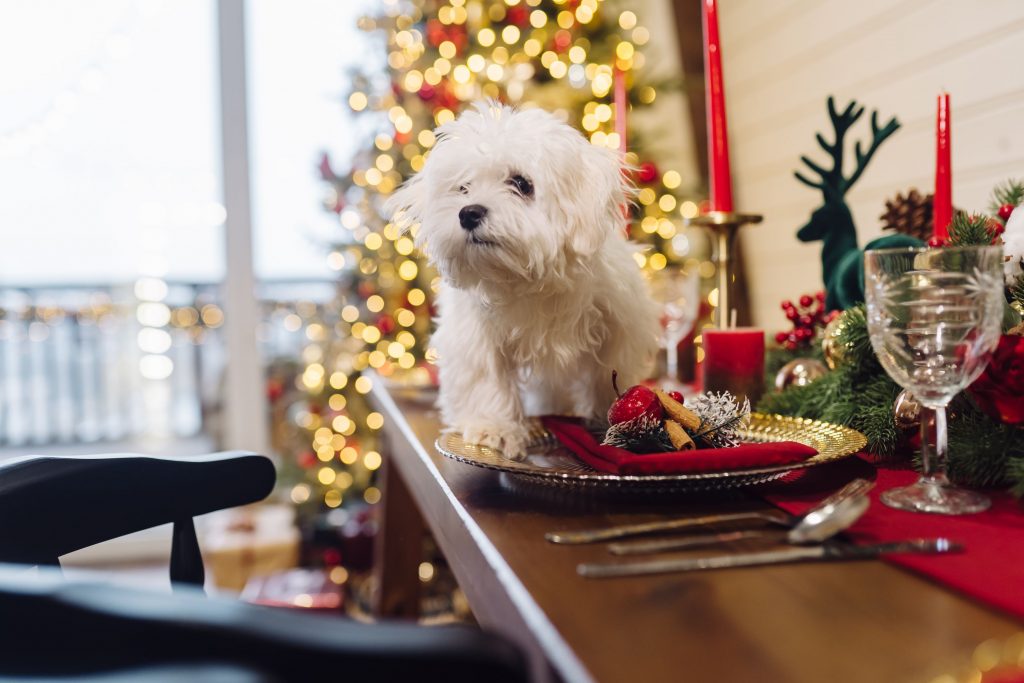Ho, Ho, Ho, Holy Tummy Ache: Avoiding Holiday Pancreatitis in Pets
Ho, Ho, Ho, Holy Tummy Ache: Avoiding Holiday Pancreatitis in Pets

The holiday season tends to be a time of overindulgence, and Parkside Animal Hospital knows that pets are not exempt from the festivities. For our animal friends, overeating can definitely cause a few problems other than an expanding waistline, though. Learn all about pancreatitis in pets and how you can avoid it this year.
Understanding Pancreatitis in Pets
The pancreas is a less-than-famous organ tucked in the upper abdomen near the stomach. It normally helps the body to digest foods by secreting enzymes that break down fats. It also secretes insulin, the hormone known for helping to regulate blood sugar.
The pancreas is a fairly sensitive organ and can become easily inflamed. When it is angry and inflamed, it results in a condition called pancreatitis. The pancreas doesn’t need a lot of reason to become irritated and certain medications, trauma, or obesity can trigger it.
Many times when pancreatitis in pets occurs, though, a finger can be pointed at a rich, fatty meal that must be digested. As you can imagine, the holiday season presents a prime opportunity for pancreatitis to occur when our pet nutrition practices get a little more lax.
Symptoms of pancreatitis in pets can vary from very mild to quite serious and often include:
- Abdominal pain or discomfort (may result in lying or standing in odd positions)
- Lethargy/depression
- Decreased appetite
- Increased water intake
- Drooling
- Vomiting
- Diarrhea
- Fever
A pancreatitis flare cannot be fixed, but rather we must provide supportive care until it subsides. Depending on the severity of symptoms, we may be able to provide outpatient treatment. More serious episodes may require in-hospital care for pain control, hydration, and other care. This can be a true pet emergency.
Of course, other disease conditions can cause similar symptoms to pancreatitis. If you are concerned that your pet might be affected, please let us know so that we can diagnose the issue properly and get started helping your pet.
Celebrating Safely
Landing in the hospital over the holidays is not on anyone’s to-do list. With a little care, though, you and your pet can enjoy the season without risking pancreatitis.
Help to avoid pancreatitis in pets this year by:
- Not feeding your pet human food from the table (avoid fatty choices like buttered veggies, gravy, and poultry skin in particular)
- Instructing guests in your home to avoid slipping your pet extra treats
- Choosing low-fat items like non-buttered sweet potatoes or green beans or a lean bit of meat to share if you must
- Giving your pets a quiet room to themselves if you are having a lot of guests who will be hard to monitor
- Keeping treats and meals out of reach of curious animals
- Securing trash, kitchen waste, and drippings away from pets
Of course, if you do run into pancreatitis this year, we are here to help. Hopefully, though, with some knowledge and care, you and your pets can stay healthy this holiday season.
